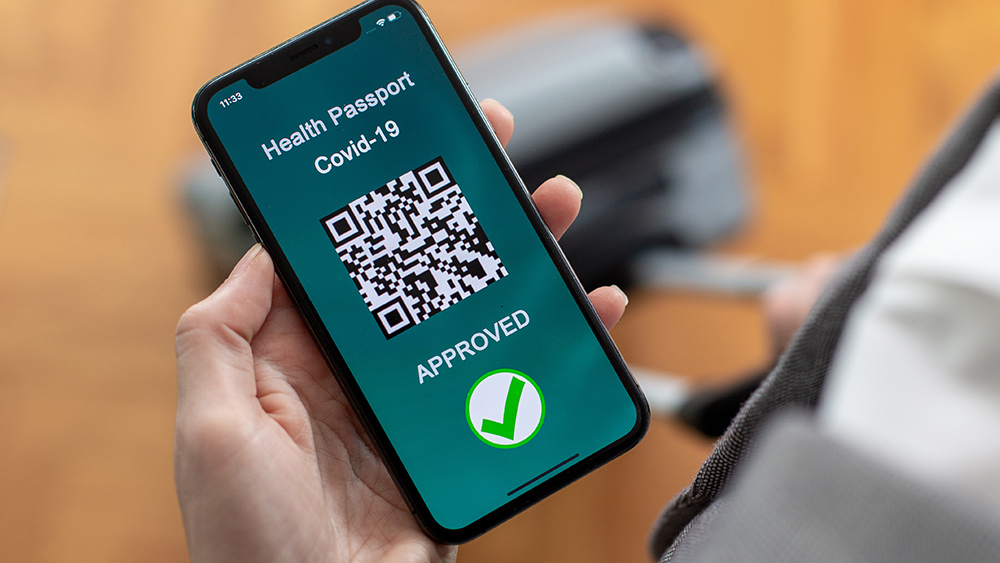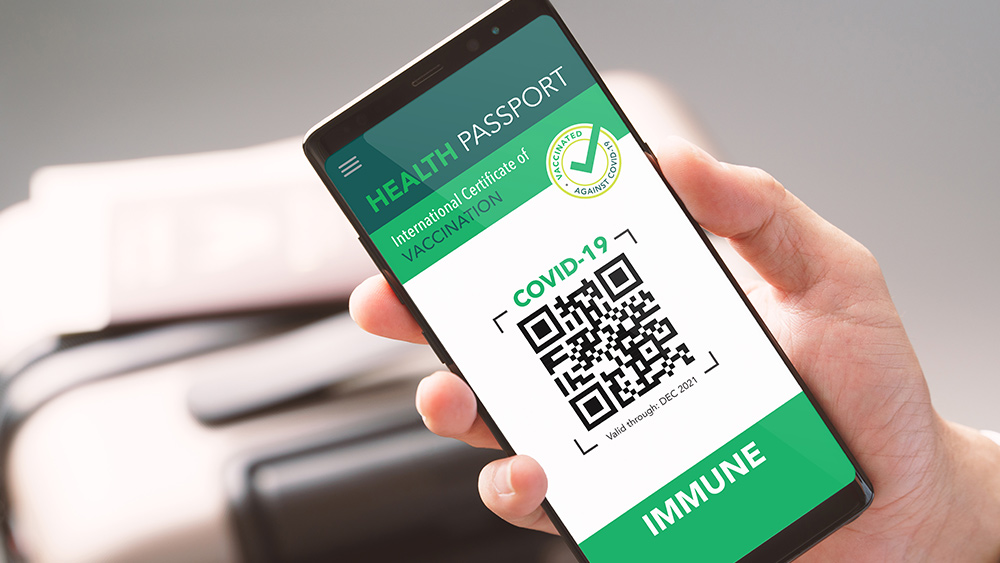Facebook now tracking OFFLINE interactions with partner stores to stalk users with targeted ads
02/19/2021 / By Cassie B.

You might expect social media platforms like Facebook to collect information about what you do on their site for ad targeting purposes, but did you know that they are also tracking your offline interactions with partner stores?
In its quest to know everything about everyone, Facebook partners with numerous retailers to learn what its users are buying, both from online retailers and in brick-and-mortar stores. They then use this data to target ads to you based on what they believe you are likely to buy. This explains why you might suddenly see a rise in the number of ads on Facebook related to a store you’ve visited or item you’ve bought recently.
Several users have discussed the phenomenon on Twitter. User Matt Webb tweeted: “Two weeks ago I spent an evening in a bar drinking a beer I’d not heard of before (a canned IPA). Since then, I have Facebook ads for the brand more than daily. I assume this isn’t a coincidence…”
Of course, Facebook and Google also probably knew he had been in a bar thanks to location tracking features, and these experiences are becoming increasingly common these days.
How Facebook tracks users’ purchases in stores
Facebook told Business Insider’s Aaron Holmes that the process begins when you buy something from a store in person or online. If the retailer wishes to target you with Facebook ads, they can send Facebook details about what you purchased and information that could match your purchase with your Facebook profile. This might include personally identifying information like your name, phone number, date of birth and email address.
The social media platform only needs a handful of points of data from the retailer to create a custom audience for ads. From that point, the retailers can purchase ads on Facebook to be displayed directly to the users matched to them.
Some of the retailers using this advertising service include Macy’s and Dick’s Sporting Goods. A spokesperson from Dick’s Sporting Goods told the publication that the approach has enabled them to re-engage customers who have visited their stores in the past.
The spokesperson also explained how they’ve used “lookalike audiences” made of people similar to their store’s visitors to reach a broader audience of potential customers, something they say has raised foot traffic as well as sales.
Macy’s, meanwhile, has used it to increase in-store sales. The retailer plans to continue testing the Facebook offline suite to find further growth.
Major privacy concerns with Facebook
If you find that creepy, you probably shouldn’t be using Facebook at all because this is only one of many ways they invade people’s privacy. However, if you cannot avoid Facebook for some reason, there is a way to opt out of being served ads based on offline events. Simply go into your settings and find the option for disallowing “ads based on data from partners” under the Ads tab.
There is also a way you can check whether an ad is targeting you specifically. When an ad is displayed, click on the drop-down menu in the top right and choose “Why am I seeing this ad?”
Unfortunately, Facebook has a long history of questionable behavior when it comes to the way it handles people’s data. The company was involved in a major data scandal after the revelation that more than 87 million users’ data was harvested without their permission or knowledge, and they were fined $5 billion by the FTC over privacy concerns. And even non-Facebook users are being tracked as they use the internet. Facebook’s analytics show websites and apps information about the users who visit their site based on demographics such as gender, location and age, along with what they click on and how long they stay on the site.
Sources for this article include:
Tagged Under: ads, Big Tech, Facebook, privacy, spying, surveillance, Targeted Ads, tracking
RECENT NEWS & ARTICLES
COPYRIGHT © 2017 SURVEILLANCE NEWS




















